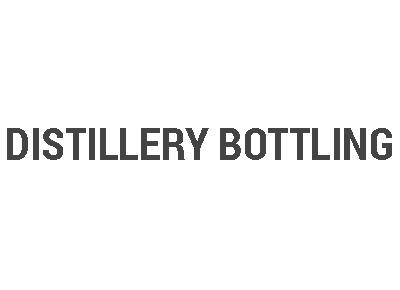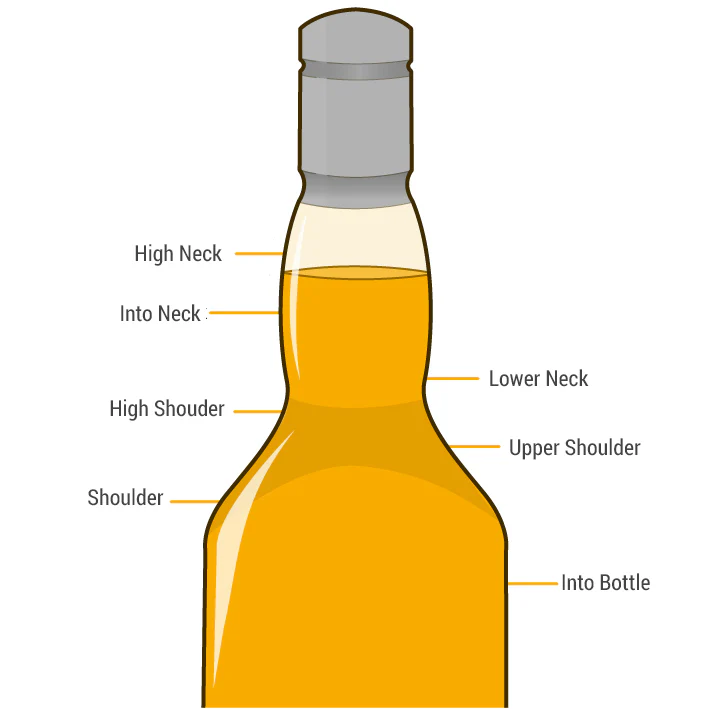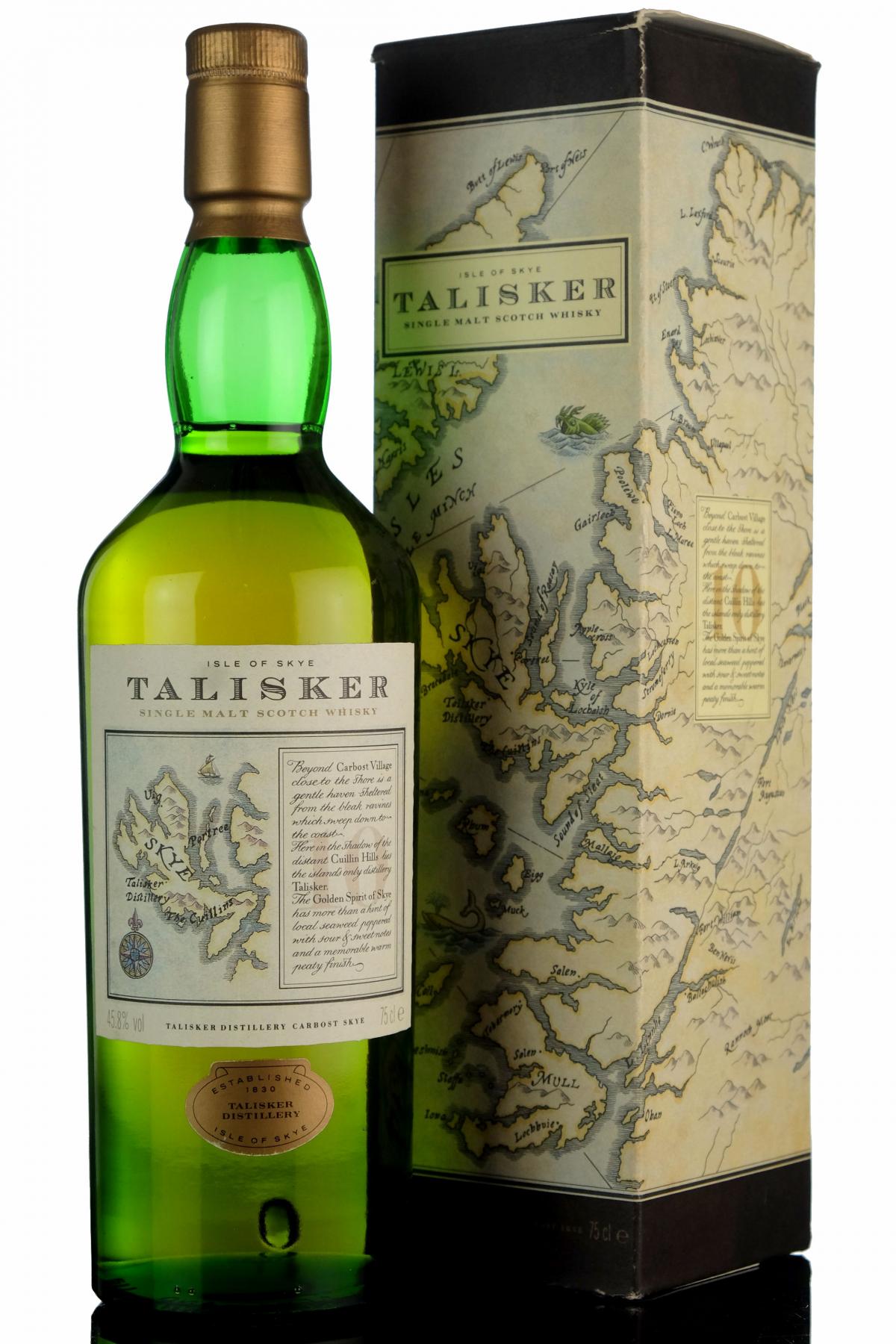End Date : Aug 01 2018 07:00 PM
We may have sold this bottle before. Click the graph below to view our sales history.
Talisker 10 Year Old. Bottled late 1980s. 75cl. 45.8%. One of the classiest of the early Classic Malts bottlings, Talisker and Lagavulin’s early and continuing popularity in the range exceeded expectations and led to shortages later down the line. Tasting these older versions of the classic Talisker 10-year-old, it’s not hard to see why they were so popular - they pack an amazing amount of occasionally rather savage peppery power into the traditional 45.8% bottling strength.

Founded in 1830, Talisker’s medium-peated whisky perfectly expresses the rugged terrain of the distillery’s surroundings on the western Hebridean Isle of Skye, where it was the only legal distillery for many decades until the recent arrival of Torabhaig.
Talisker had been one of the stars of Scottish Malt Distillers’ portfolio for decades before the launch of the Classic Malts series in 1987 cemented the distillery’s popularity in the modern era. Early examples of Talisker’s single malt were bottled over a century ago by merchants including Berry Brothers and there were numerous official bottlings from around the 1940s onwards.
The old style Talisker's thrillingly savage spirit has been tamed this century, regrettably, but the extraordinary early cask strength Special Release Taliskers bottled between 2001-2010 still offer great value at auction.

Distillery bottlings are, as the name suggests, bottled by or for the distillery from which the whisky has originated and are thus often referred to as Official Bottlings or OBs. Distillery bottlings are generally more desirable for collectors and usually fetch higher prices at auction than independent bottlings. They are officially-endorsed versions of the whisky from a particular distillery and are therefore considered the truest expression of the distillery’s character.
This ideal of the distillery character is regarded so seriously by the distilleries and brand owners that casks of whisky that are considered to vary too far from the archetype are frequently sold on to whisky brokers and independent bottlers. When this happens, it is often with the proviso that the distillery’s name is not allowed to be used when the cask is bottled for fear of diminishing or damaging the distillery’s character and status.




